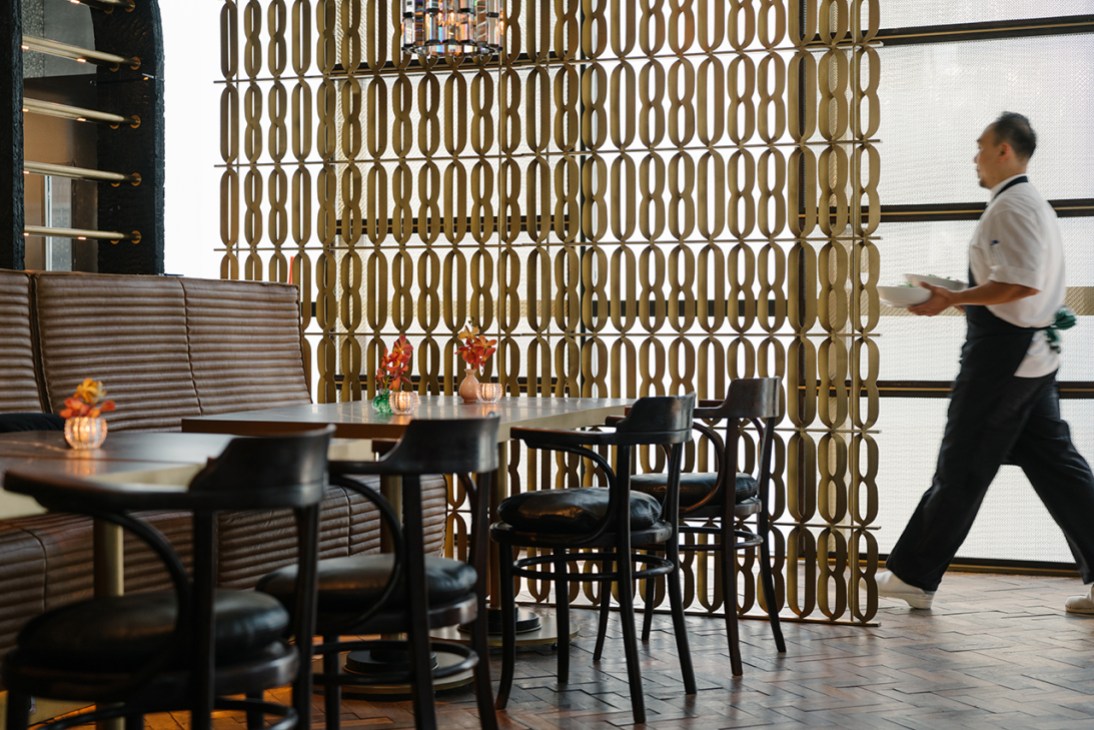Singapore’s private members’ clubs are evolving to survive
In June the employees of Singapore’s 1880 Club had a rude awakening: the eight-year-old private members’ institution had closed down without warning. Marc Nicholson, its founder, chalked it up to a drop in attendance and lower spending by members. Its Hong Kong branch had closed two weeks earlier after just seven months in operation; its Bali outpost, meanwhile, never saw the light of day, with construction coming to a halt late last year. And 1880 isn’t alone. Singapore’s country clubs, which sprouted up in the 1980s and 1990s, have been struggling to keep up too. A few days ago, four of them hit the rough when the government chose not to renew their golf-course leases. There’s a common thread: stop by places like these today and you’ll be hard pressed to find a young person. Members have grown old and these once sought-after “third spaces” are now on a slow march into obscurity.
But not all of them. Two of Singapore’s leading private members’ clubs are still chasing growth. The Mandala Club, renowned for a string of Michelin-starred chef pop-ups, is expanding its footprint by 50 per cent and has a new club-hotel concept in Bali under way. And 67 Pall Mall, founded in London, is even more aggressive: not only is it about to open a Shanghai branch but it has also announced ambitious plans to launch further locations in the next two years.

So what’s behind the contrasting fates? In an age when almost everything is mediated by screens, isn’t actual face time sought after more than before? These two thriving Singapore-based clubs show that the trick to getting a community right is to find a niche, then make what you offer feel part of your environment.
That’s what 67 Pall Mall Singapore, a club centred around fine wine, has captured in a bottle. Its founder, Grant Ashton, could have replicated the successful London flagship but he chose instead to ensure that the Singapore outpost catered to local audiences. “So much of what we do is personal – 67 Pall Mall here is not a cookie-cutter club,” he says. “It’s aimed at Singaporeans.” To satisfy residents’ thirst for cerebral pursuits, it holds masterclasses and events that enable members to learn while sipping wine. “A big piece of what we do is making sure that people are getting more than just entertainment,” he adds.
While many establishments have sought the patronage of business leaders who want privacy and discretion, The Mandala Club has taken a different route. “People sign up because they share the same values as us; it’s not exclusive for exclusivity’s sake,” says Ben Jones, the CEO and co-founder of The Mandala Group. Jones keeps a lookout for Singapore’s young entrepreneurs. “The start-up environment is huge here and we’ve got a thriving under-30s member base,” he says. The club runs a mentorship series in which unicorn start-up founders or executives from multinational companies share their advice. Jones came up with these programmes after spending time walking the grounds, making introductions and matchmaking up-and-comers with experienced heads. “I’m here all day, every day,” he says. “We are very hands-on and recognise that this isn’t necessarily a product that you can scale too much.”
Two weeks after 1880’s closure, its former employees announced that they would open a new club in the same venue with the landlord’s backing. It goes to show that there’s an appetite for clubs done well. Offering familiarity and friendship in a world that can feel in a constant state of flux is no small feat. But entertainment has a short shelf life – success lies in diversity and well-considered offerings that have a meaningful sense of place. If you can master that, where can we sign up?
Koh is a regular Monocle contributor. In need of a drink in Singapore? Check out Monocle’s City Guide here. For more opinion, analysis and insight, subscribe to Monocle today.



